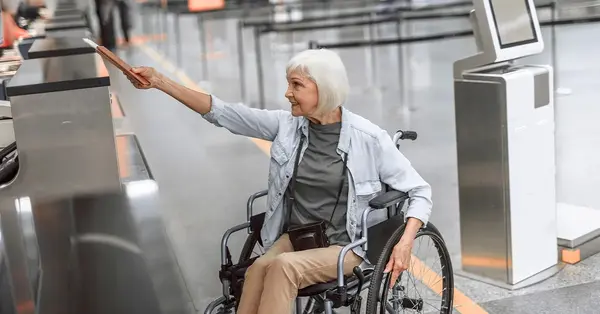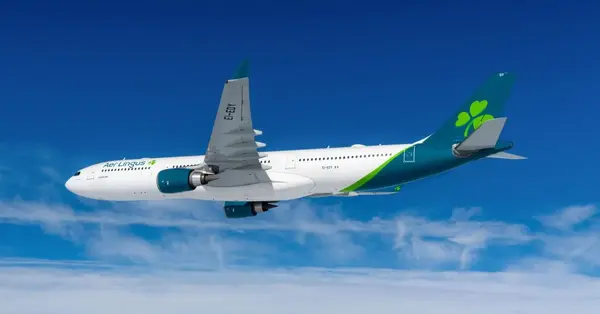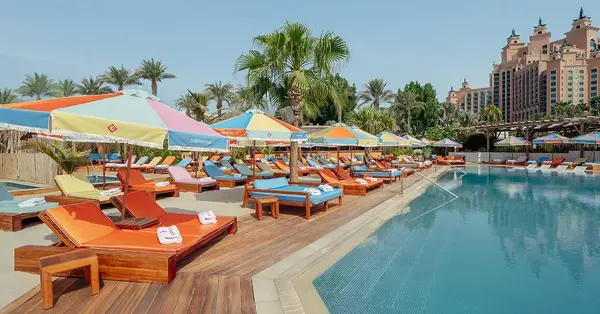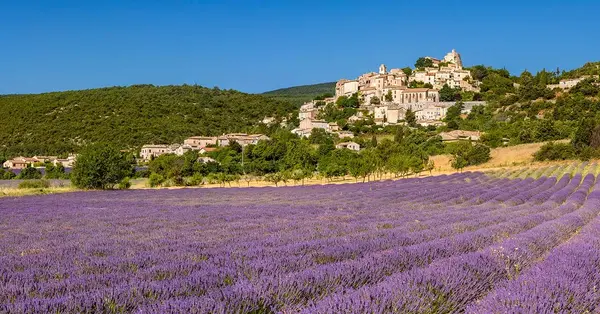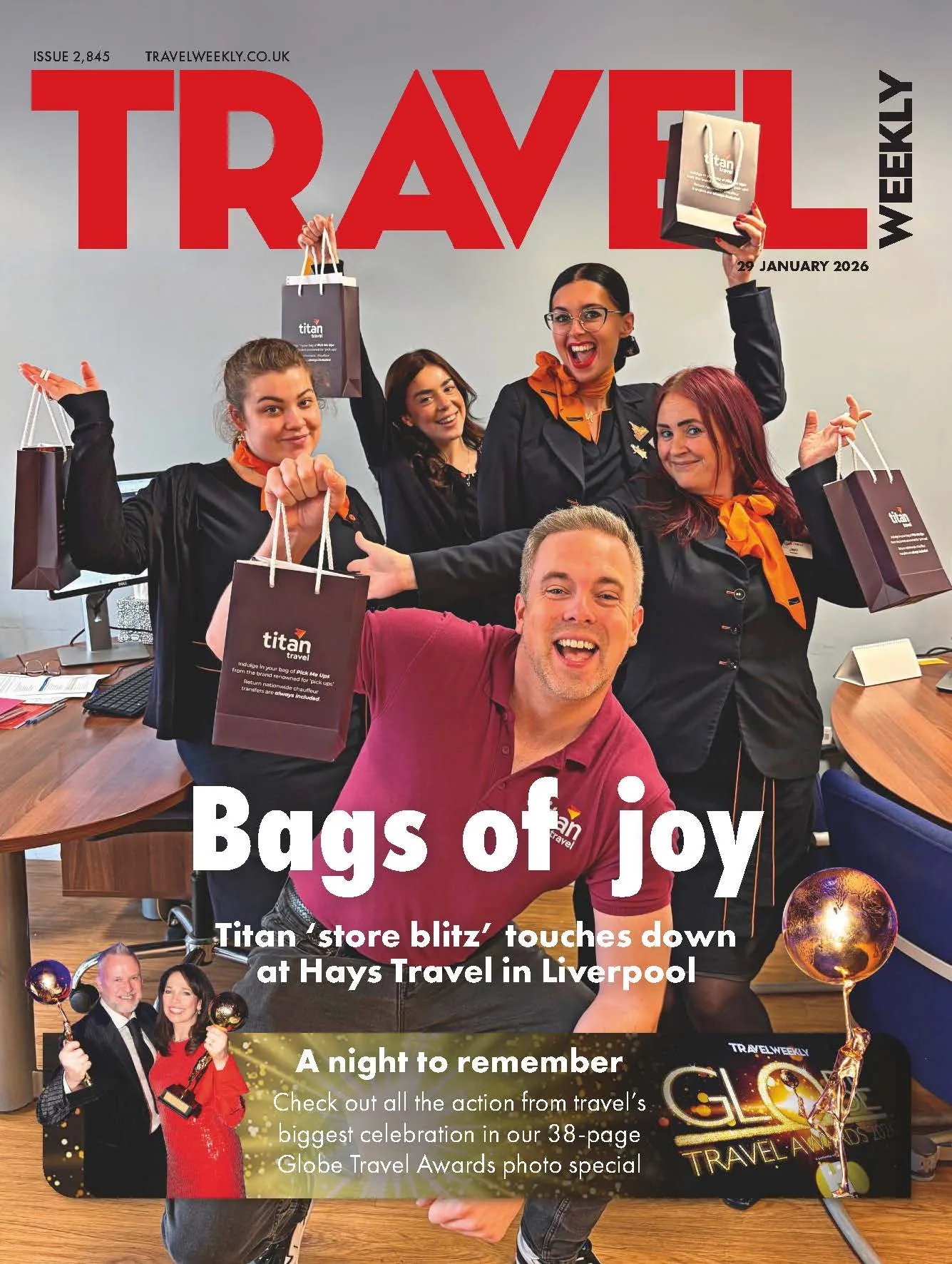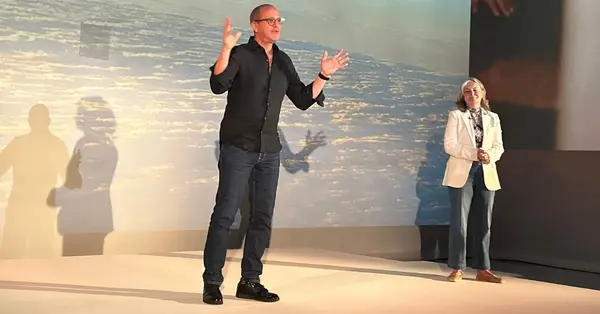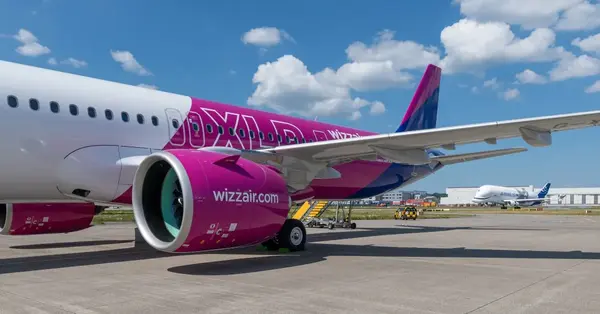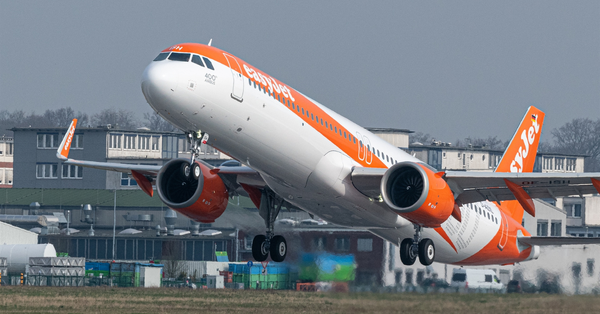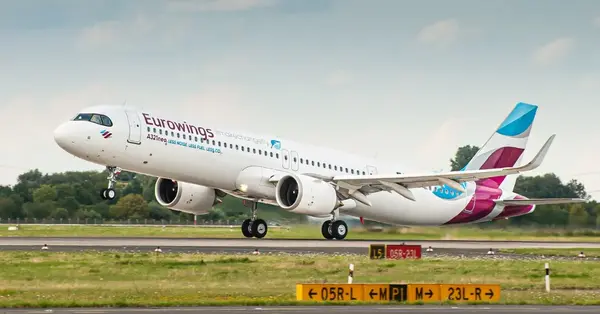You are viewing 1 of your 2 free articles
Special Report: Majority of consumers ‘sceptical’ of travel companies’ green claims
Research finds two out of three believe ‘greenwashing’ widespread. Ian Taylor reports on the latest Mintel consumer research
Two out of three UK adults believe travel companies are guilty of ‘greenwashing’, or making exaggerated sustainability claims, according to consumer research.
A survey of 2,000 UK consumers by market research firm Mintel found 66% agree “many travel companies are guilty of greenwashing, presenting themselves as more environmentally friendly than they are”.
An additional one in five (21%) were not sure, with just 13% believing travel companies’ claims are not exaggerated, leading Mintel to conclude that consumers have become “more sceptical” and are “increasingly aware of greenwashing”.
The research, carried out in February, forms part of a new Mintel report entitled Sustainability in Travel, UK, 2023.
Mintel notes the proportion of consumers believing companies are guilty of greenwashing “remains high” across all age groups, not just younger cohorts, and its report concludes: “The necessity for transparency with regards to sustainability credentials has never been higher.”
The survey found just under half of consumers (47%) claim “a good understanding” of travel sustainability. However, consumers appear divided on what they think travel companies should prioritise the most when it comes to sustainability.
Half of those who had booked holidays in the last three years (48%) did not rate protecting the local environment important, 59% did not consider renewable energy important, and 59% did not rate reducing packaging waste, such as plastic bottles, important.
Two thirds (65%) did not consider locally sourced products and food supplies important either.
Half (52%) rated “protecting the local environment” a priority when asked “which of the following do you think most important for travel companies to support”, with 43% selecting “protecting the local community”, and 41% “investing in renewable energy”.
The survey also found 75% of travellers “think sustainable holidays are more expensive” than other holidays, leading Mintel to conclude: “It’s essential for travel brands to promote affordable, sustainable travel options amid the rising cost of living.”
At the same time, it suggested: “Consumers are looking to brands to demonstrate how they are mitigating the effects of the climate crisis.”
Mintel travel and leisure analyst Jennie Bryans said: “Consumers must be guided in their choices, particularly as cost and quality remain at the forefront of consumers’ minds.”
Price remains prime consideration
The cost of holidays remains the biggest concern for consumers booking travel, the Mintel research suggests.
Its survey found four out of five respondents (78%) agreed the cost of a holiday had “the biggest impact” on their travel plans, unchanged from a survey a year earlier.
However, MIntel suggested: “More travellers will be looking to save money when travelling amid the rising cost of living.”
In addition, three out of five consumers (60%) rated the quality of a holiday more important than how sustainable the chosen holiday was – with 16% unsure and just one in four (24%) saying sustainability was more important than.
However, 62% said “cheaper options for sustainable transport” such as travelling by rail would make them more likely to use these. Perhaps surprisingly, 44% also agreed they “would be happy” for the cost of carbon offsets to be included in air fares – a surprise because only 12% said they had paid to offset a flight.
Also surprising, one third (32%) of consumers agreed “environmental concerns mean I avoid flying”, with a further 10% unsure.
The total concerned about air travel or unsure about whether to avoid flying (42%) was the inverse of the proportion intending to travel abroad, with Mintel finding three out of five UK adults (58%) plan to take a holiday overseas in the next three years.
Age groups diverge on nature and independent activities
Mintel’s research suggests a significant proportion of travellers are keen to eat in independent restaurants and stay in independent hotels on holiday, activities which benefit the local communities in destinations.
Three out of four (77%) of those who had travelled in the last three years had eaten in an independent restaurant and half (56%) stayed in an independent hotel.
One third (37%) had joined in a nature-based activity, and one in four (26%) travelled by train to a destination or booked a tour with a local guide.
However, there was a sharp difference in the incidence of these activities by age, leading Mintel to suggest younger consumers are likely to choose “nature-based activities”, tours with local guides and volunteering holidays.
Older and more-affluent consumers are more likely to eat in an independent restaurant or stay in an independent hotel”.
Half of 16-24-year-old respondents (51%) had taken a nature-based holiday in the previous three years and almost half (46%) of those aged 25-44.
Similarly, 31% of 16-24-year-olds and 32% of those aged 25-44 had booked a tour guide, and 30% of 16-24-year-olds had participated in volunteering.
But just one-in-five holidaymakers (18%) said they had stayed in environmentally friendly accommodation, and 12% paid to offset a flight, while half (48%) said they would not consider offsetting.
Mintel found “nearly three-fifths of travellers (59%) more interested in travelling to less well-known destinations than tourist hotspots” and noted: “Travel agents can be integral in promoting less-known destinations.”
One in four respondents (23%) said they would be likely to re-book with a company which offered expert travel advice. Almost as many (20%) said a social media influencer had “encouraged me to travel more sustainably” by promoting volunteering or a local tour.
The Sustainability in Travel, UK, 2023 report is available from Mintel.




